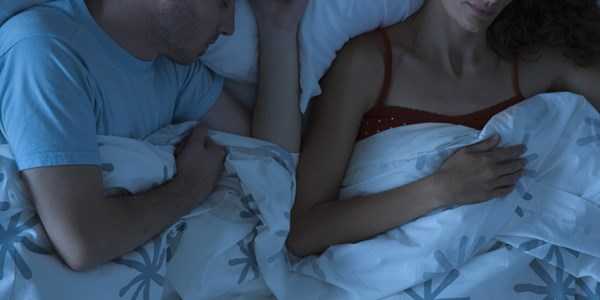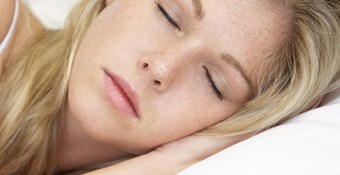Healthy Living
Why you really do need eight hours of sleep─── 12:30 Fri, 16 Sep 2016

Habitual short sleepers may be efficient but may also may be more tired than they realise, study claims.
People who get by on just a few hours of shut-eye each night may be more tired than they think, research claims.
A University of Utah study has looked at patterns of neural connections in the brains of "habitual short sleepers".
The researchers compared people who had a normal amount of sleep (eight hours) in the past month with those who reported sleeping six hours or less.
They divided the short sleepers into two groups; those who reported daytime dysfunction - such as feeling too drowsy to perform common tasks with those who reported feeling OK.
In their results, the researchers claim both groups of short sleepers exhibited connectivity patterns more typical of sleep than wakefulness while in the MRI scanner.
And although the participants were instructed to stay awake in the scanner, some short sleepers may have briefly drifted off - even those who claimed they don't get tired on little sleep.
Study co-author Professor Paula Williams said that short sleepers who denied they were tired showed enhanced connectivity between sensory cortices, which process external sensory information, and the hippocampus, a region associated with memory.
“That's tantalising because it suggests that maybe one of the things the short sleepers are doing in the scanner is performing memory consolidation more efficiently than non-short sleepers,” she said.
In other words, some short sleepers may be able to perform sleep-like memory consolidation and brain tasks throughout the day, reducing their need for sleep at night.
Or they may be falling asleep during the day without realising it.
The researchers hope to conduct further investigation into whether short sleepers who deny dysfunction are actually doing fine.
“We are particularly interested in understanding the discrepancy between people's perception of their functioning and how they're actually functioning. Not everyone is equally accurate,” said Professor Williams.
The findings were published by the journal Brain and Behaviour.
© Cover Media














